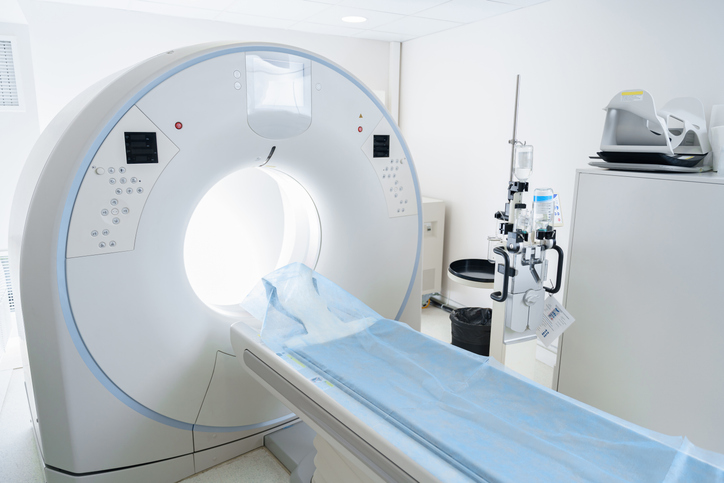
A new scientific statement from the American Heart Association indicates that current research suggests no cardiovascular benefits from medical marijuana use while possible having some other therapeutic benefits.
“Cannabis may have therapeutic benefits, but few are cardiovascular in nature,” the authors wrote in the abstract, published in Circulation. “Conversely, many of the concerning health implications of cannabis include cardiovascular diseases, although they may be mediated by mechanisms of delivery.”
The authors looked at a number of small and large studies that explored different aspects of cannabis use. Some results have suggested an increased risk for heart failure or heart rhythm abnormalities after cannabis use, while others have suggested some therapeutic benefits and pain-relief benefits (particularly with CBD oil). The researchers also noted that medical research into the potential benefits and harms of cannabis use have been hindered by the worldwide illegality of the substance, although that has been changing in recent decades as views have changed about the substance.
“Attitudes towards recreational and medicinal use of cannabis have changed rapidly, and many states have legalized it for medical and/or recreational use. Health care professionals need a greater understanding of the health implications of cannabis, which has the potential to interfere with prescribed medications and/or trigger cardiovascular conditions or events, such as heart attacks and strokes,” Robert L. Page II, PharmD, MSPH, FAHA, chair of the writing group for the statement and professor in the department of clinical pharmacy and the department of physical medicine/rehabilitation at the University of Colorado Skaggs School of Pharmacy and Pharmaceutical Sciences in Aurora, said in a press statement.
Regardless of delivery mechanism, the AHA recommended that it not be smoked for the same reason it advises against smoking other substances such as tobacco.
“People who use cannabis need to know there are potentially serious health risks in smoking or vaping it, just like tobacco smoke,” said Rose Marie Robertson, MD, FAHA, the deputy chief science and medical officer for the American Heart Association and co-director of the AHA Tobacco Center for Regulatory Science, said in a press release. “The American Heart Association recommends that people not smoke or vape any substance, including cannabis products, because of the potential harm to the heart, lungs and blood vessels,”







 © 2025 Mashup Media, LLC, a Formedics Property. All Rights Reserved.
© 2025 Mashup Media, LLC, a Formedics Property. All Rights Reserved.